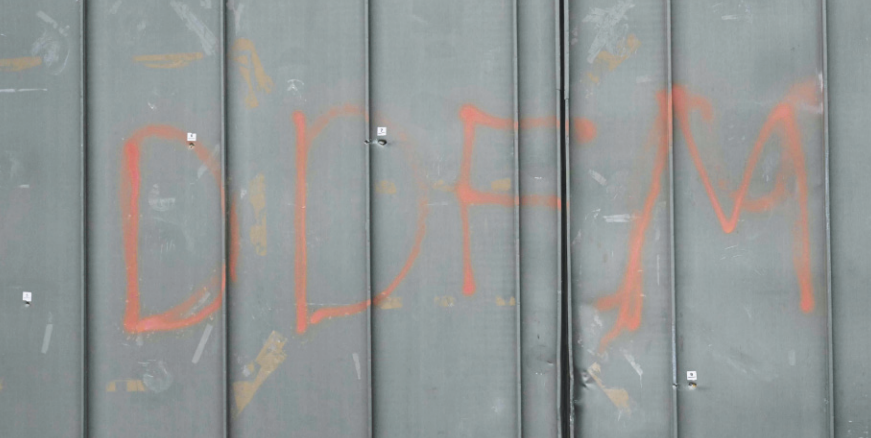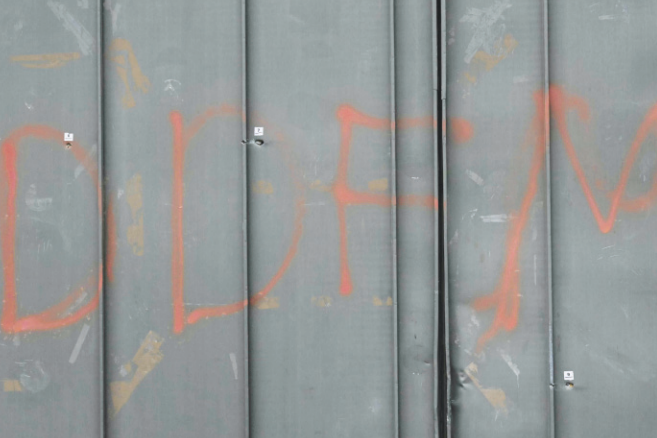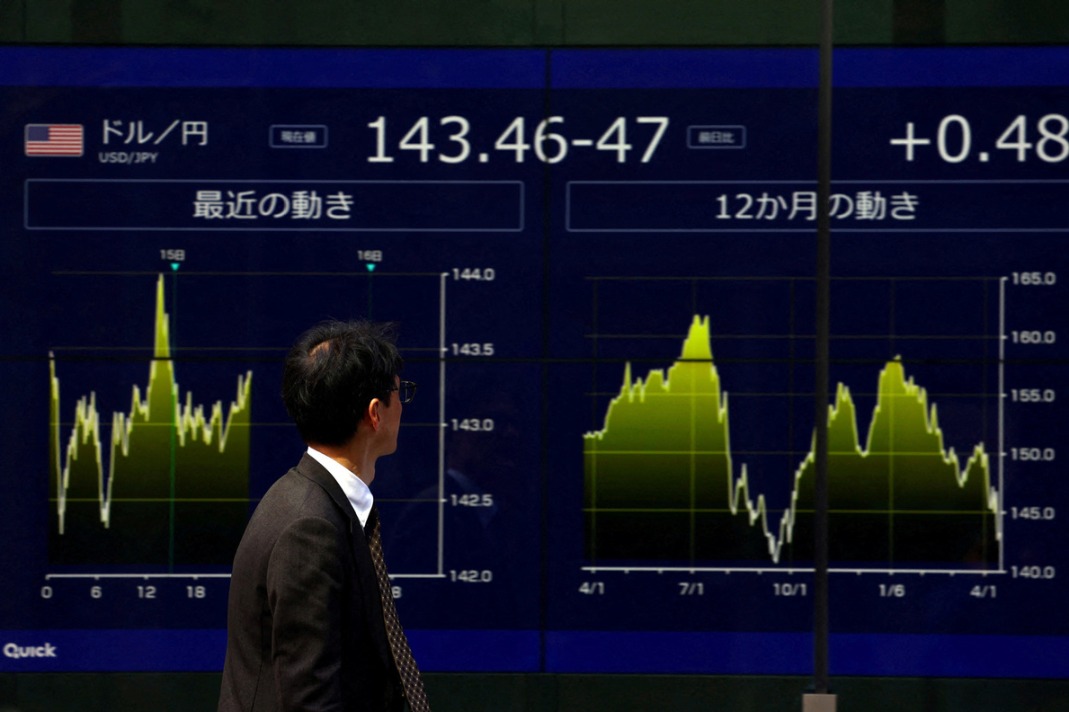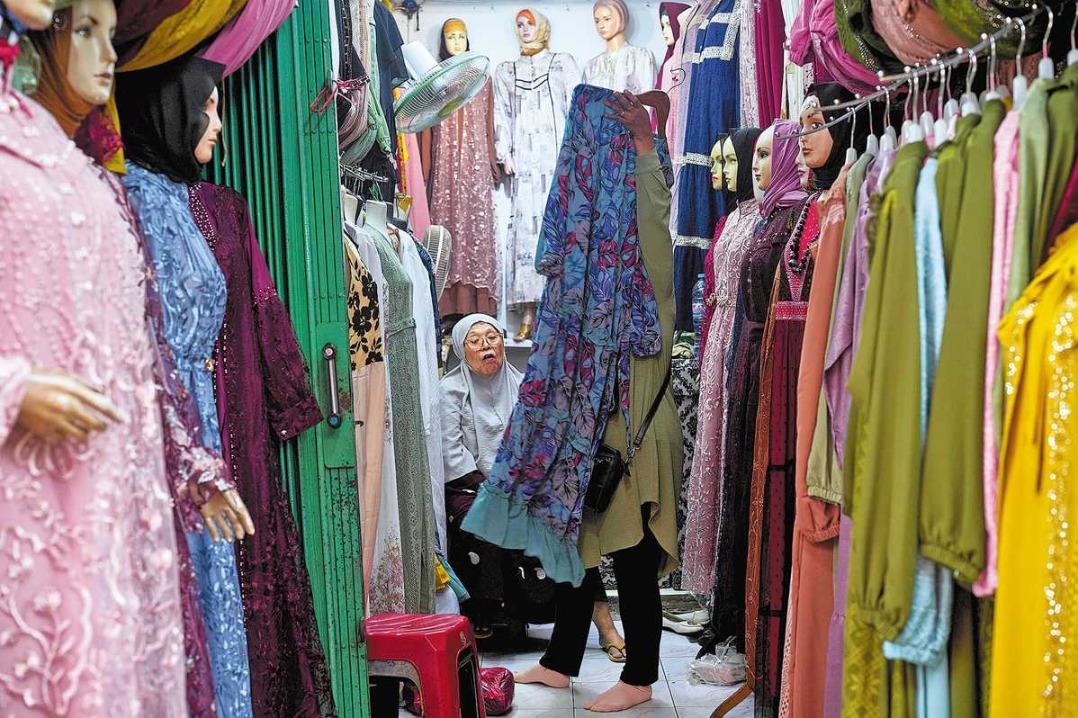French prisons hit by fresh wave of attacks


Workers at prisons and detention centers in France were targeted again on Sunday night in the latest in a wave of violent incidents that have been going on across the country.
Nobody has yet claimed responsibility but it is widely believed that drugs gangs are behind the attacks that Minister of Justice Gerald Darmanin called "intimidation against the Republic".
His comment backs up remarks last week from Minister of the Interior Bruno Retailleau that he was "certain "that the government was dealing with what he called "drugs-yobs".
"It's not they who have declared war on us. It's we who declared war on them with our new law on drugs trafficking," he went on to say. "They know we're going to be hitting their wallets."
The incidents have included gun attacks and the burning of cars outside prisons, with the initials DDPF, standing for Droits des Prisonniers Francais, or Rights for French Prison Inmates, a previously unknown organization, often painted on nearby walls. A group using that name was set up on the Telegram messaging service days before the current wave of attacks began.
At the start of the year, Radio France International reported government statistics showing the country's prisons were housing nearly 81,000 inmates in spaces designed for around 62,000 people, with many of them forced to sleep on mattresses on the floor.
A strict new bill targeting the narcotics trade in France is going through the legislative process and is due to be voted on in the National Assembly at the end of the month.
In a recent television interview, Darmanin said "they are doing it because we are taking measures against the permissiveness that has existed until now in jails" as part of what he called a "prison revolution".
France's President Emmanuel Macron has called the recent attacks "unacceptable violence" and warned that those behind them would be "found, tried, and punished".
In February, Retailleau said France had been hit by a "white tsunami "as it was revealed that in the first 11 months of 2024, 47 tons of cocaine had been seized, in contrast to 23 tons during 2023.
According to the European Union Drugs Agency, or EUDA, cocaine is the second most widely-used drug in Europe, after cannabis, with the number and size of seizures in the EU going up year after year.
In 2022, there were a reported 84,000 seizures across the EU, totaling 323 tons, a record figure for a sixth year, up from 303 tons the year before.
The Belgian port of Antwerp, Europe's second-largest seaport, is the biggest entry point for cocaine smuggled from South America.
































